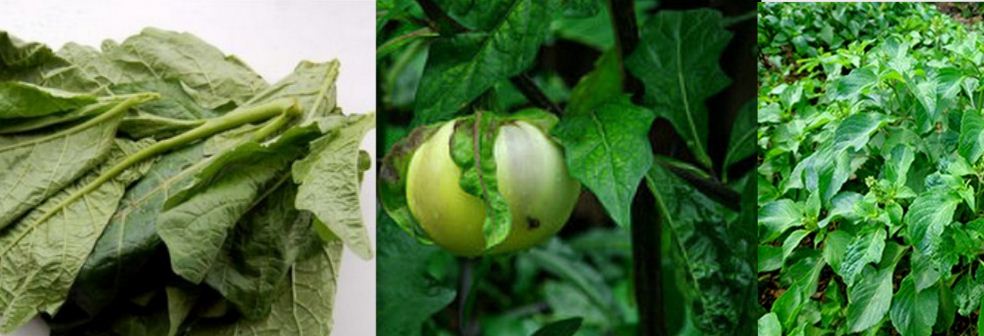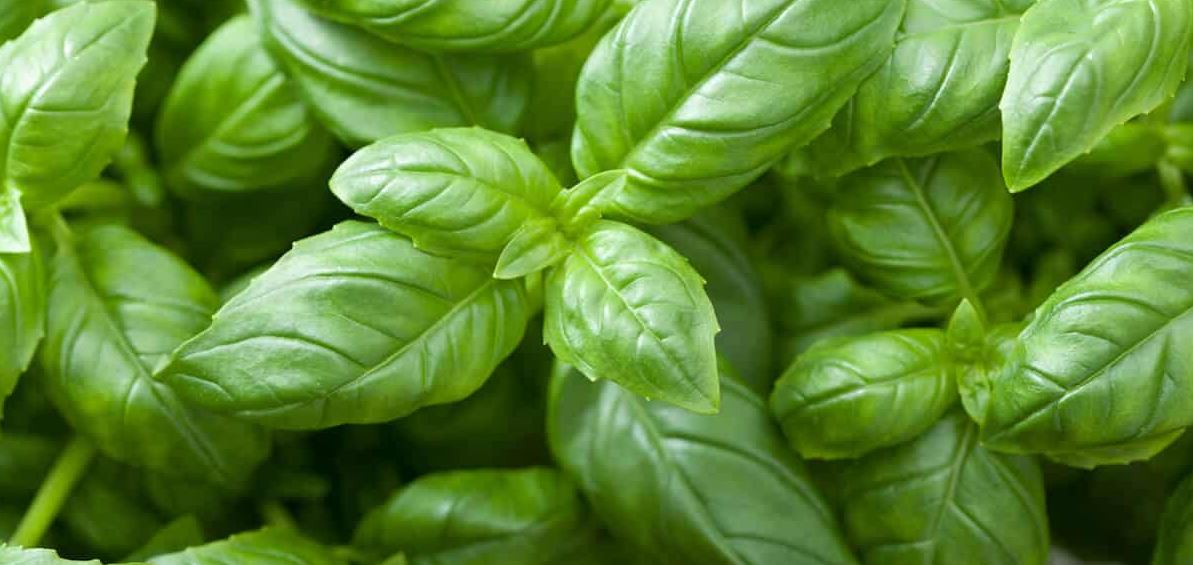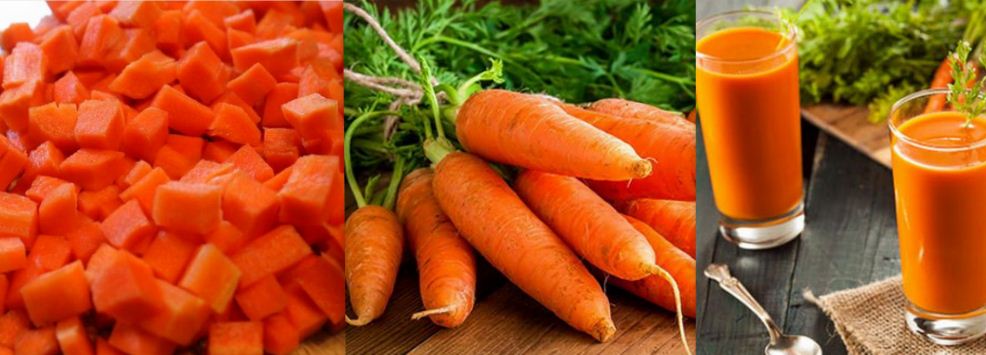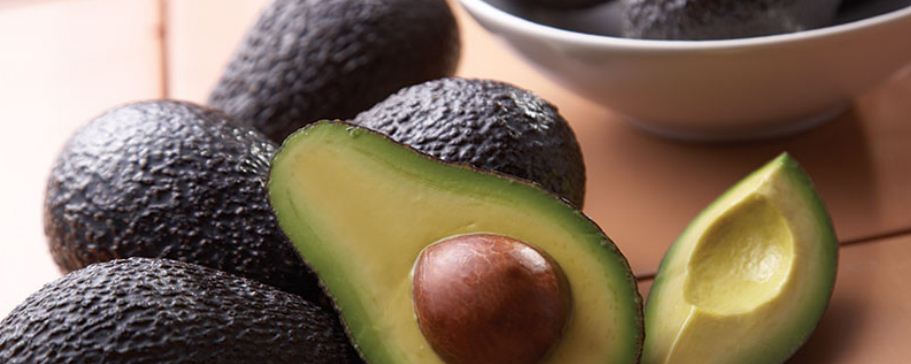Nutrition Facts and Health Benefits of Garden Egg Leaves

Garden Egg Leaf, like other vegetables, contains essential nutrients such as vitamins and minerals in a reasonable quantity which play a crucial role in human health improvement.
These vegetables are known as natural blood-pumping vegetables, especially when eaten raw. In West Africa, notably in Nigeria, where it is found in great quantity, it is called Akwukwo Anyara in Igbo. Its seed is also called Mkpuru Anyara, Efo Igbo in Yoruba, and Ganyen Gauta in Hausa.
They are considered curative and nutritious diets due to their nutritional contents as medication for specific ailments and substitutes for medical supplements.
Garden egg leaves or African eggplant leaves contain Vitamin B, C, potassium, and calcium, which are beneficial to human health in several ways, such as the following:
1. Improves Kidney Health
It helps to prevent dialysis by the total cleansing of the kidney naturally.
These leaves serve as detoxifiers to the kidney, and it's more effective when eaten raw or converted into juice by boiling for a few seconds and then filtering the liquid in a container; you can take this juice three times per day or more.
Eating garden egg leaves will naturally help cleanse the kidney by filtering the blood and unwanted materials from entering the organ.
It also prevents kidney-related issues, especially those that disrupt blood filtration and purification, like kidney failure.
The mineral potassium, which is present in garden egg leaves, also helps the kidney filter blood.
2. Good for Pregnant Women
Garden egg leaves are a healthy vegetable for pregnant women because they contain many vitamins and minerals required for an improved health condition during pregnancy.
It helps provide good development and average weight and prevents congenital disabilities for unborn babies.
3. Promotes Fertility
Like the garden egg, many African cultures believe it and its leaves represent fertility and have been used locally to treat infertility and libido issues.
Though there is no scientific proof to back this up for now, in many locals where it is used for this purpose, they believe it works and helps boost sexual health for both men and women.
4. Can Prevent Cancer
Garden egg leaves contain anti-inflammatory properties, making them suitable vegetables to reduce swelling and prevent cancer-causing inflammations.
These vegetables help prevent cancer formation due to the presence of phytochemicals that fight free radicals prone to cause inflammations that might lead to cancerous diseases in the body system.
5. Promotes Weight Loss
Garden egg leaves are used in managing obesity and reducing the level of cholesterol in the blood due to some micronutrients.
With the level of cholesterol in the body being low, it can quickly achieve weight reduction; it does not only help in weight reduction but also maintains fresh and toned skin when consumed in reasonable quantity regularly.
Adequate intake of garden egg leaves is required in this case and for anyone who wants to lose weight or improve heart health.
It is recommended that you eat healthily to improve the effectiveness of the garden egg leaves as it concerns weight reduction and its other health benefits.
6. Serves as Blood Tonic
Garden egg leaves serve as a blood tonic for people suffering from a blood shortage or are anemic. It has long been a miracle vegetable for weak patients and is most recommended by medical experts to increase blood levels.
To get this benefit, it is advisable to get fresh leaves, wash them in clean cold water, slice and eat it raw. It can be prepared with Ukpaka (fermented oil bean seeds), crayfish, salt, and oil to serve as a side dish or squeezed to get the juice.
Whichever way it is consumed, it performs the same function.
7. Regulates the Heart Beat
Potassium, which contains a critical salt, helps maintain the heart condition and regulate blood pressure. It makes this leaf very important for heart health.
One of the vital functions of potassium to the heart is to help regulate heartbeat; therefore, having too much (hyperkalemia) or low potassium (hypokalemia) can cause changes in the heart rhythm, which is dangerous to health.
8. Reduces Sugar Levels
It may be new to some persons, but it has been locally used to reduce blood sugar levels due to its high fiber and magnesium content. It is also low in carbohydrates, making it a good food source for diabetic patients.
Unlike some carbohydrates, foods rich in fiber are slow to digest and do not provide the body with any calories. This makes the blood sugar levels more stable, eliminating the fear of a spike in blood pressure.
It is best eaten raw or drank as juice to reduce your sugar level.
9. Helps in Digestion
One of the benefits of fibers in food (fruits or vegetables) is their ability to help digestive processes.
Fibers don’t get digested in the body or slow down digestion, which helps maintain the movement of materials in the human digestive tract.
This improves the digestive system and increases the bulk of the stools.
Garden egg leaves are rich in this content and should be consumed adequately to aid in proper digestion, maintain the digestive tract, and help in constipation reduction.
10. Prevent Stomach Ulcers
An ulcer is caused by the inflammation of the stomach linings, which causes soreness and can be aggravated by consuming certain foods that are too acidic.
Waterleaf has been used traditionally in treating stomach ulcers due to its possession of some anti-ulcer properties, which has been found effective after a recent experiment on rats.
Origin of Garden Egg Leaves
Garden egg leaves or African eggplant leaves are native to West Africa, predominately cultivated in Nigeria, and are grown and consumed more in the southern part of the country.
The leaves of this garden egg are specific to the Bitter Eggplant, known as Mkpuru Anyara in Igbo. Its minor roundish nature, green color, and bitter-sweet taste characterize it.
Garden Egg Juice
Like other green leafy vegetables, the extraction of its juice is the same, and garden egg leaves contain lots of nutrients. Its juice is also fortified with these nutrients, which have been effective in many ways that benefit our health.
To get the juice;
- Wash the garden egg leaves thoroughly to remove dirt and sand.
- Cut it into tiny pieces to enable easy squeezing or pounding.
- Then squeeze effectively and strain the juice.
Culinary Uses
Garden egg leaves are used in food preparation as condiments and primarily for preparing different foods such as Garden egg leaf soup, vegetable yam, sauce, etc. It is also a vegetable in Abacha (tapioca) and other local cuisines.
Medicinal Uses
As Herbal medicine: The leaves are medicinal in many areas and have been proven in a diverse range of ways to help in the treatment of many health conditions, and as such, as been used traditionally in the treatment of indigestion, infertility, anemia, and much more.
Side Effects
Consumption of garden egg leaves causes no notable side effects unless on those allergic to it.
Conclusion
The nutrients in the garden egg leaves are gained when eaten raw or used for culinary purposes, medicinal and curative areas. It is a nutritious vegetable commonly known as a blood tonic, and its Kidney disease cures effects. Still, the nutritional benefits are not limited to that, as it offers many benefits, as mentioned above.




